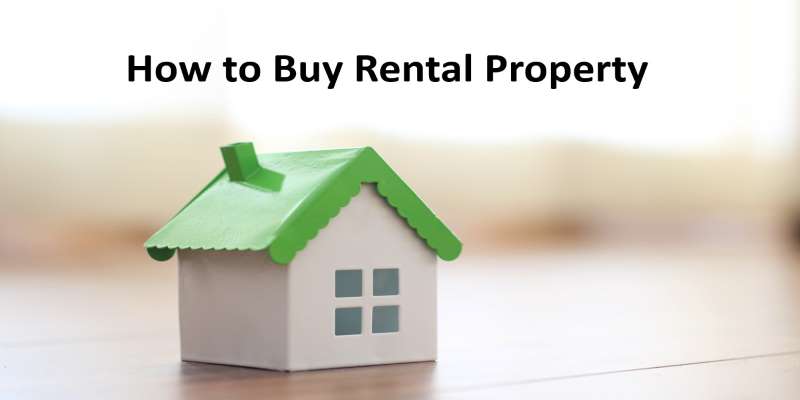What is a rental property, and why invest in it?
Rental property is a hot investment sector and is one of the best ways to make money in today’s economy. Rental properties provide investors with an income by collecting rent checks. Earning money through collecting rent is a great way to earn passive income.
People need a place to live, and there are many reasons why someone might want to rent over owning a property themselves.
There are many different types of rental properties to choose from. You can find rental properties in all shapes and sizes, from single-family homes and multi-unit buildings to commercial real estate.
There are many reasons to invest in rental property. Rental properties provide an excellent opportunity for capital growth, tax advantages, and diversification. Additionally, the demand for rental housing is constantly increasing, which means landlords can earn good profits. There are several ways to invest in rental property, so choose the approach that is best suited for you.
Types of rental properties
There are many types of rental properties, each with its own set of benefits and drawbacks. Some of the most common types of rental properties include single-family homes, apartments, condos, townhouses, co-ops, and duplexes. Each type of property has different advantages and disadvantages that should be considered when buying one.
how to buy rental property the right way
When looking to purchase a rental property, it is essential to do your due diligence. There are several steps that you should take before making a decision, including researching the market, finding qualified tenants, and inspecting the property. Here are some tips for conducting a thorough investigation:
1. Research the current market conditions. Location Location Location can make or break a property.
2. Verify the tenant history and rental potential in the area.
3. Inspect the property and hire a professional inspector to check the property fully.
4. Make sure to factor in the taxes, insurance, and repair costs to see if the earning potential is there.
5. Don’t rush; make sure to buy in an area that is appreciating in value.
How to finance your rental property purchase
When you’re ready to purchase a rental property, it’s important to know how to finance the purchase. Mortgages are the most common way to finance a rental property purchase. However, there are a variety of mortgages available, so it’s crucial to find the right one for your needs.
There are two main types of mortgages: fixed-rate and adjustable-rate. With a fixed-rate mortgage, the interest rate is locked in for the life of the loan, which can be helpful if interest rates rise in the future. An adjustable-rate mortgage has a variable interest rate, which can cause your monthly payments to rise or fall over time.
There are also different types of mortgages available, such as government-backed mortgages and private mortgages.
Property management: what to expect
Property management is a process that should be taken seriously, as it can affect your rental positively or negatively. When you’re looking for a property manager, be sure to ask the right questions and get referrals from friends or family members who have had good experiences with property management companies in the past.
Be prepared to sign a contract that outlines the property manager’s responsibilities, such as rent collection, repairs, and evicting tenants. Make sure you understand what is included in the contract before signing it, and ask for clarification if there are any parts you don’t understand.
The property manager will also likely want to do a walk-through of the property with you to get an idea of what needs to be done before they can start managing it. This may include painting walls, repairing appliances, or installing new carpeting.
Tax implications of owning rental property
The Internal Revenue Service (IRS) classifies rental income as “passive” income, which means landlords are not required to pay self-employment taxes. One of the key benefits of owning rental property is that the income from rent is taxed at a lower rate than regular wages. However, there are some other tax implications to consider when owning rental property.
For example, landlords can deduct certain expenses associated with their rental property, such as mortgage interest, property taxes, and repairs. They can also deduct the cost of any materials they use to improve their rental properties. However, landlords must be careful not to over-deduct these expenses; otherwise, they may end up owing more money to the IRS than they originally thought.
Another thing to keep in mind is that the sale of a rental property may have capital gains implications.
***Always talk with a local accountant in regards to your specific tax situation
In conclusion, buying rental property can be a lucrative investment, but it is important to do your homework and be aware of the associated risks. By following the tips in this article, you can increase your chances of success while minimizing your potential losses. So, if you are thinking of buying a rental property, go for it—but make sure to proceed with caution!
